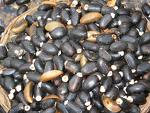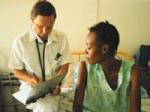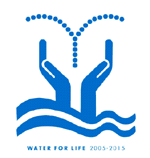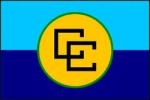Building Peace In Haiti by Promoting Biofuels
 A colleague sent me a transcript of Congressional testimony by Dr. Johanna Mendelson Forman of the Center for Strategic and International Studies here in Washington DC. The testimony gives an overview of how a biofuel economy could reduce poverty, promote energy independence, and ultimately contribute to stability in Haiti. A transcript is attached to the blog.
A colleague sent me a transcript of Congressional testimony by Dr. Johanna Mendelson Forman of the Center for Strategic and International Studies here in Washington DC. The testimony gives an overview of how a biofuel economy could reduce poverty, promote energy independence, and ultimately contribute to stability in Haiti. A transcript is attached to the blog.











